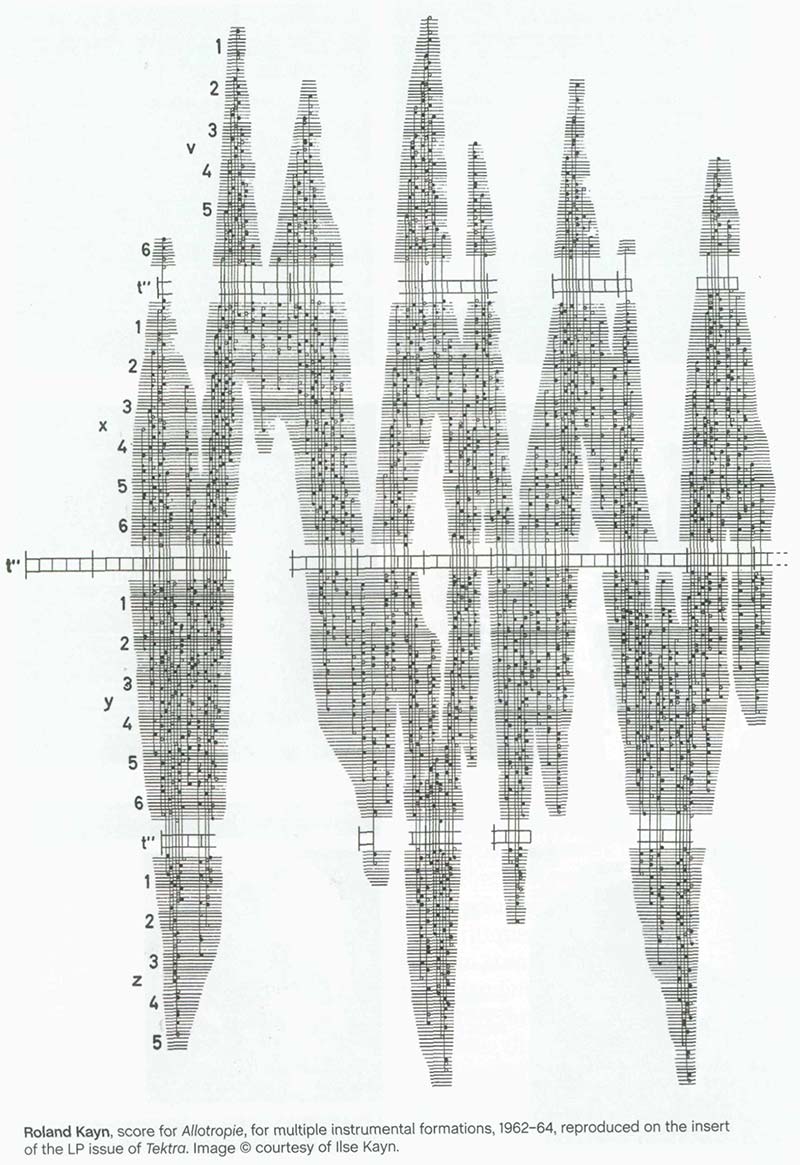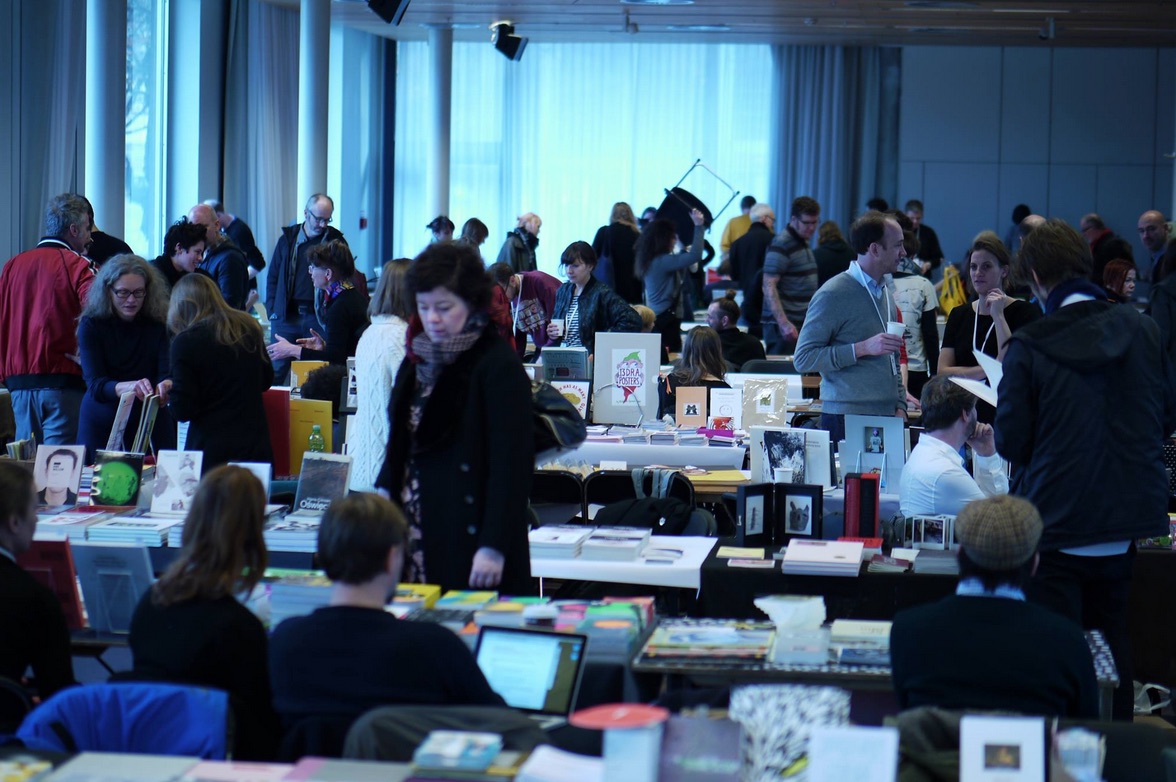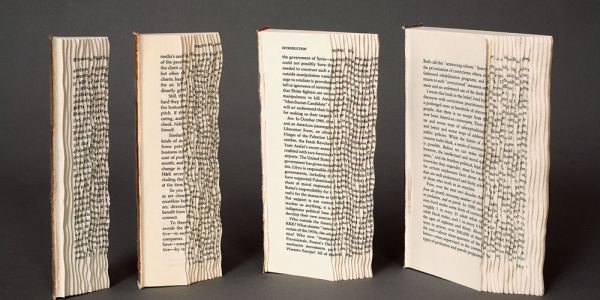Critical Links: January 9th, 2015

"I believe it was Finley Peter Dunne, writing a century ago, who said that “The job of the newspaper is to comfort the afflicted and afflict the comfortable.” Whilst I categorically condemn attacks on any journalist, I want to ask of Charlie Hebdo: who was being comforted by its journalism, and who was being afflicted?"
I Am NOT Charlie Hebdo, and Other Thoughts
 "The advanced analog equipment he found at the Institute of Sonology in Utrecht (namely a sophisticated voltage-control system of modular units, and a variable function generator, essentially a primitive sequencer through which one could control various components in the studio) allowed Kayn to finally realise cybernetic music, as an implementation of an algorythm that produced sound in real-time. The sonic scenarios were never fully programmed nor fully random, but 'the composer presents his music as an artifice which he constructs and sets in motion, but once he has done this, it is left to move through space, a ‘free’ music, which, like the fabric of the cosmos, follows its own internal laws and conditions.'"
"The advanced analog equipment he found at the Institute of Sonology in Utrecht (namely a sophisticated voltage-control system of modular units, and a variable function generator, essentially a primitive sequencer through which one could control various components in the studio) allowed Kayn to finally realise cybernetic music, as an implementation of an algorythm that produced sound in real-time. The sonic scenarios were never fully programmed nor fully random, but 'the composer presents his music as an artifice which he constructs and sets in motion, but once he has done this, it is left to move through space, a ‘free’ music, which, like the fabric of the cosmos, follows its own internal laws and conditions.'"
Roland Kayn and the Development of Cybernetic Music

"Maybe a hundred people were pressed together in the room and talking at the same time, but softly, with the velvet-lined savoir faire that makes dinner parties here such subdued operations. And they were even talking about the books! Somewhat astonishingly for an art fair, art seemed to be the main subject of conversation, rather than the forthcoming after-party or which infamous collector just walked through the door or whose painting sold for how much. The hall was crowded, the mood convivial, the money nowhere to be found. To witness an actual sale was rare, and I almost felt I’d committed a faux pas when I asked a local distributor for a copy of Raphael Rubinstein’s The Miraculous. Then, when I handed the bookseller a twenty, we discovered he had no change."

"'Reading' as we know it has a relatively short history. Before 1950, literary commentary was more likely to be appreciative than was detailed analysis. Midcentury critics developed a method of "close reading," paying attention to the details of literary works, especially poetry: As biologists studied cells under a microscope, scholars of literature examined literary language, particularly its images and metaphors. With the advent of theory, literary scholars continued that close attention, but reading became more allegorical, finding encoded meanings in texts. In the theory years, you were what your reading was—Marxist, feminist, deconstructionist, queer. It was an era of manifestoes more than mere commentary."
The New Modesty in Literary Criticism

"The notion of the ‘carceral’ as a social construction relevant both within and outside physical spaces of incarceration, informs research into the relationship between the ‘carceral’ and a punitive state."
The ‘Carceral’ and the Punitive State

"If you are stalked by a former coworker, Twitter may reinforce this connection, algorithmically boxing you into a past while you are trying to move on. Your affinity score with your harasser will grow higher with every person who follows this person at Twitter’s recommendation. And you won’t even know, unless you, like me, have a few dummy Twitter accounts and haven’t unsubscribed from all emails."